The tech world rarely sees Google and Apple working together on anything, so when Google quietly embedded promotional content for Apple TV's new series "Pluribus" directly into its search results, it raised some eyebrows. Here's what makes this particularly fascinating: we're talking about two companies locked in a complex financial relationship that was literally central to the U.S. government's monopolization case against Google. The research shows that Google's revenue-sharing payments to Apple were a key piece of evidence in that legal battle.
But there's another layer to this story that makes it even more compelling. Pluribus isn't just any TV show—it's the brainchild of Vince Gilligan, the mastermind behind Breaking Bad, and he's taken an incredibly strong stance against AI in creative work. The show itself centers around an alien-sent code that connects every human mind into a global consciousness, which serves as a pointed metaphor for AI's impact on human creativity. This creates a fascinating paradox: Google's AI-powered search engine is promoting an Apple TV show that fundamentally critiques the very technology enabling that promotion—a contradiction that reveals how platform economics can transcend ideological boundaries.
Why this cross-platform promotion matters for the tech ecosystem
Let's break down what's really happening here, because the financial interdependence between these companies runs deeper than most people realize. Google's 2022 payment of $20 billion to Apple represented approximately 36% of total search advertising revenue Google earned through Safari, while Google's total earnings through Apple mobile devices amount to roughly $36 billion—giving Google what amounts to a 17% passive ownership interest in Apple's mobile device profits.
This level of financial entanglement explains why promotional collaborations like Pluribus become logical extensions of their business relationship rather than surprising anomalies. The revenue-sharing agreement has effectively deterred Apple from developing its own search engine or sponsoring competitors, while simultaneously reducing Google's incentive to aggressively compete with iOS.
What's particularly revealing is how this partnership model might influence other major tech relationships. When companies achieve this level of mutual dependency—where one company essentially holds a passive stake in another's core business—traditional competitive boundaries become more fluid. We're potentially seeing the emergence of a new category of tech partnership that goes beyond simple business agreements into something resembling economic symbiosis.
What makes Pluribus uniquely relevant to tech audiences
Here's where things get really interesting from a content perspective. Vince Gilligan's return to science fiction after Breaking Bad would be noteworthy on its own, but the timing and thematic focus of Pluribus make it particularly resonant for today's tech landscape. The series prominently displays a disclaimer stating it was created entirely by humans—essentially turning the show into a manifesto for authentic human creativity at a time when AI-generated content is flooding entertainment pipelines.
The premise itself brilliantly mirrors current industry anxieties. The show explores alien DNA code that links human minds into a unified consciousness, directly paralleling fears about AI leading to homogenized creative output. Gilligan hasn't been subtle about his critique, characterizing AI as an expensive plagiarism machine that threatens what makes human storytelling valuable—its originality, unpredictability, and authentic perspective.
What makes this particularly relevant for tech professionals is how the show positions human creativity as a competitive advantage rather than a nostalgic artifact. As AI tools reshape workflows across the industry, Pluribus offers both a cautionary tale about technological homogenization and a business case for preserving human authenticity as a market differentiator. The show essentially argues that in an age of algorithmic content generation, genuinely human-created work becomes more valuable, not less.
The broader implications for content promotion strategies
This Google-Apple promotional partnership reveals something important about how platform relationships are evolving beyond traditional competitive models. Rather than simply leveraging audience overlap, this strategy demonstrates how companies with deep financial ties can create marketing synergies that benefit both platforms while generating authentic audience engagement around shared values.
The choice to promote explicitly anti-AI content through AI-powered distribution systems creates a compelling marketing paradox that both companies seem comfortable navigating. This suggests a sophisticated understanding of their audiences—tech professionals and digital creators who appreciate both the irony and the underlying message about preserving human creativity. The promotional approach generates organic discussion that extends far beyond typical entertainment marketing, with audiences debating fundamental questions about creativity, technology, and human agency.
More significantly, this partnership model could influence how other streaming platforms and content creators approach cross-platform promotion. Instead of competing for exclusive audience attention, platforms with aligned financial interests might increasingly collaborate to amplify content that resonates with their shared user base. The show's focus on preserving human perspectives against technological homogenization creates natural conversation starters that benefit both Google's engagement metrics and Apple TV's subscriber growth.
What this means for the future of tech partnerships
The Google-Apple promotional collaboration around Pluribus offers us a preview of how tech partnerships might evolve as these ecosystems become increasingly interdependent. What we're witnessing isn't just creative marketing—it's a test case for how companies with complex financial relationships can collaborate publicly while maintaining competitive appearances in other markets.
The regulatory landscape adds another fascinating dimension. Current antitrust challenges don't address how Google's search advertising agreement helps maintain Apple's market position, suggesting these collaborative marketing approaches could expand without significant regulatory interference. This creates opportunities for other tech giants to explore similar partnership models, particularly around content that appeals to shared professional audiences.
Perhaps most intriguingly, the success of promoting explicitly human-created content through algorithmic platforms suggests a potential future where authenticity becomes a premium market category. If Gilligan's stance influences other creators to reconsider AI usage, we might see the emergence of "certified human" content as a distinct value proposition—ironically distributed through the same AI systems it critiques.
Bottom line: this partnership signals a maturation of the tech industry beyond simple rivalry toward something more strategically complex. When companies with this level of financial interdependence find ways to collaborate on shared values while maintaining competitive dynamics in other areas, it suggests we're entering a new phase where platform relationships become more nuanced, collaborative, and ultimately more valuable for both companies and consumers. The Pluribus promotion might seem like a small story about TV marketing, but it's actually revealing how the future of tech partnerships will balance competition with cooperation in ways that create entirely new categories of strategic advantage.




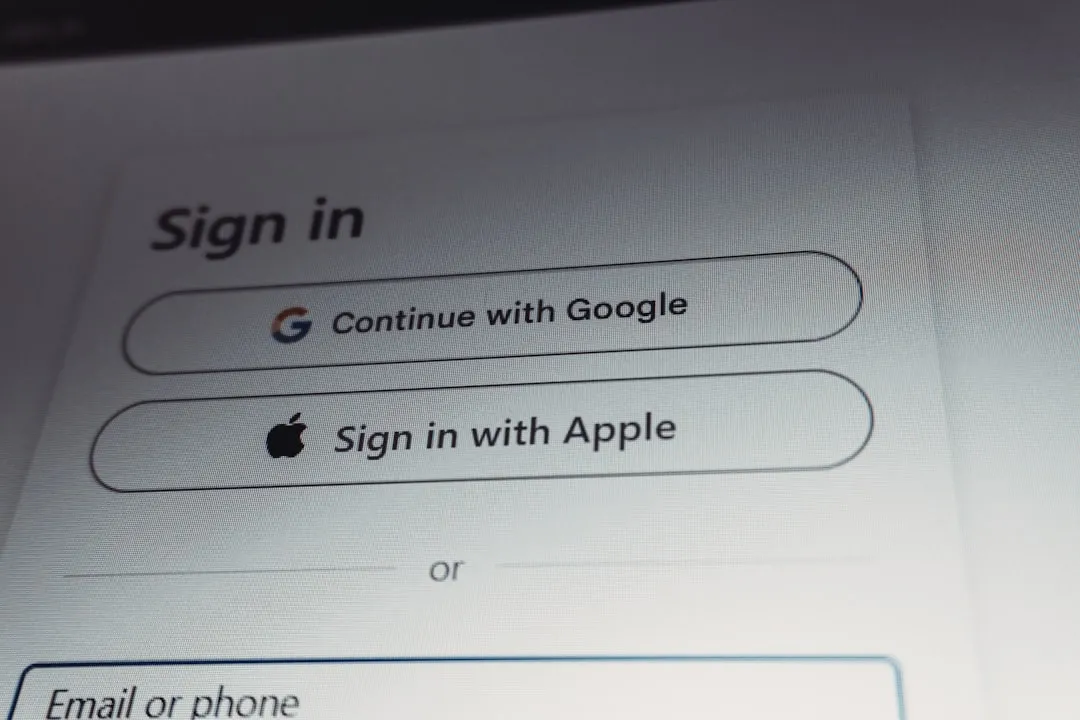






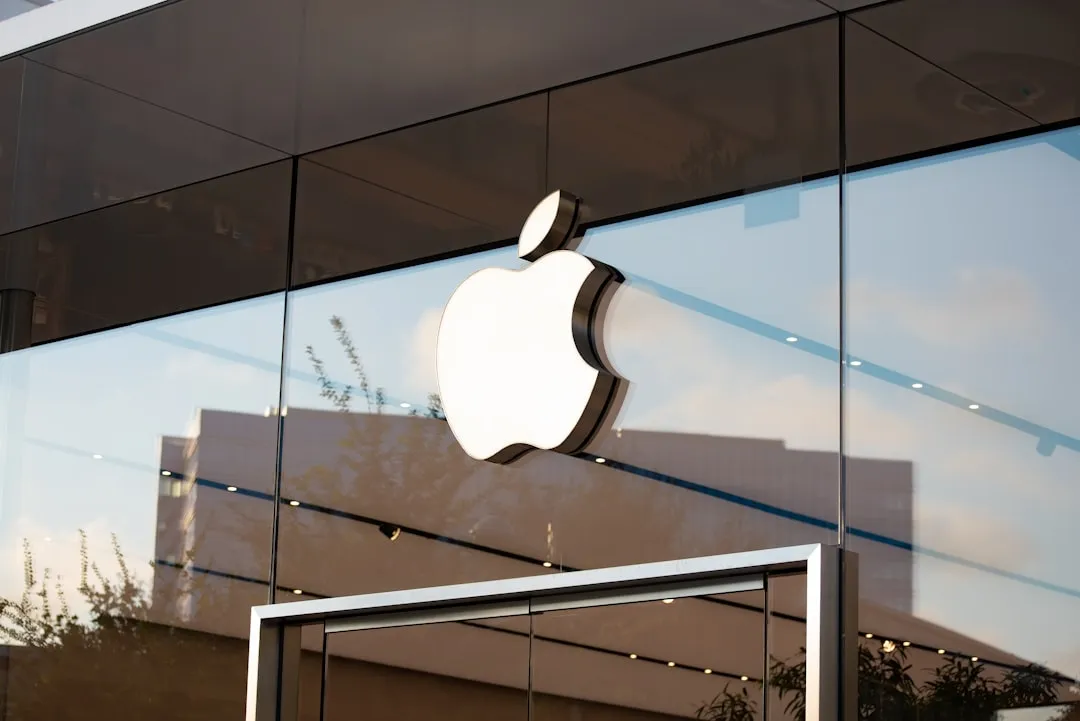

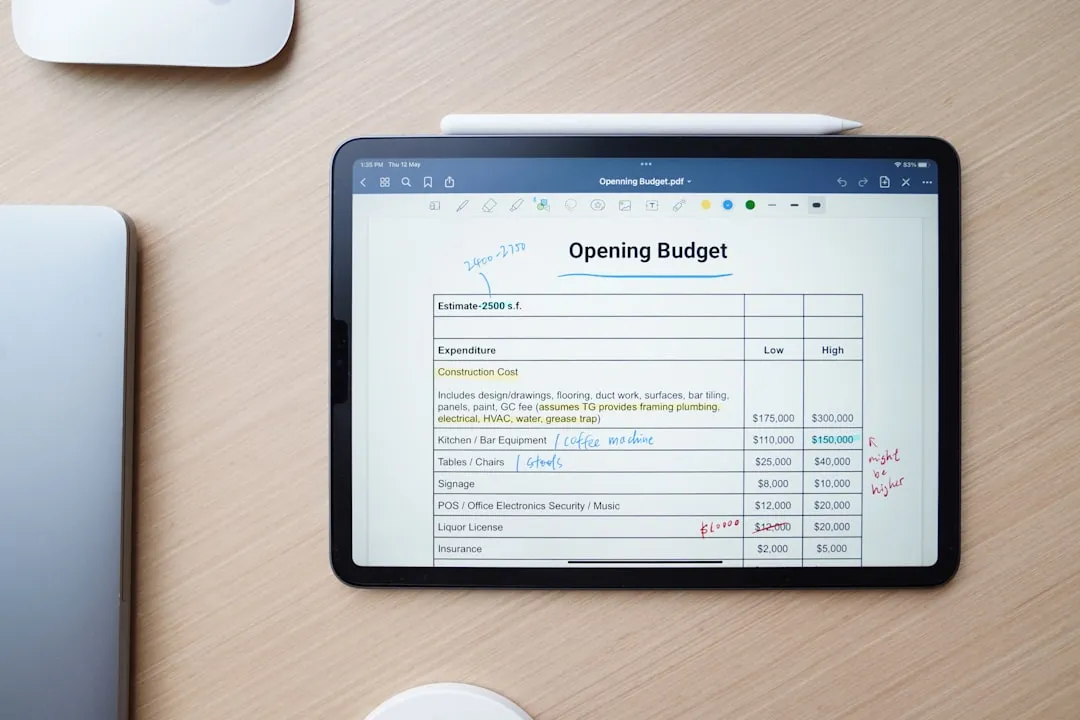

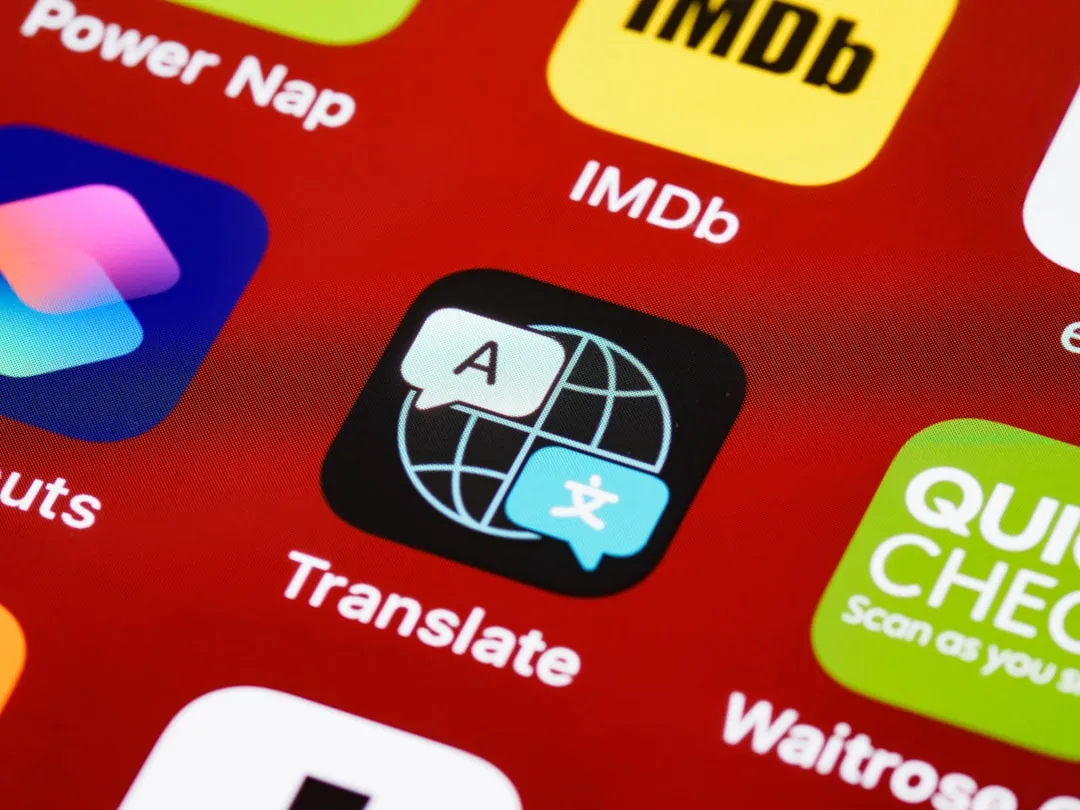

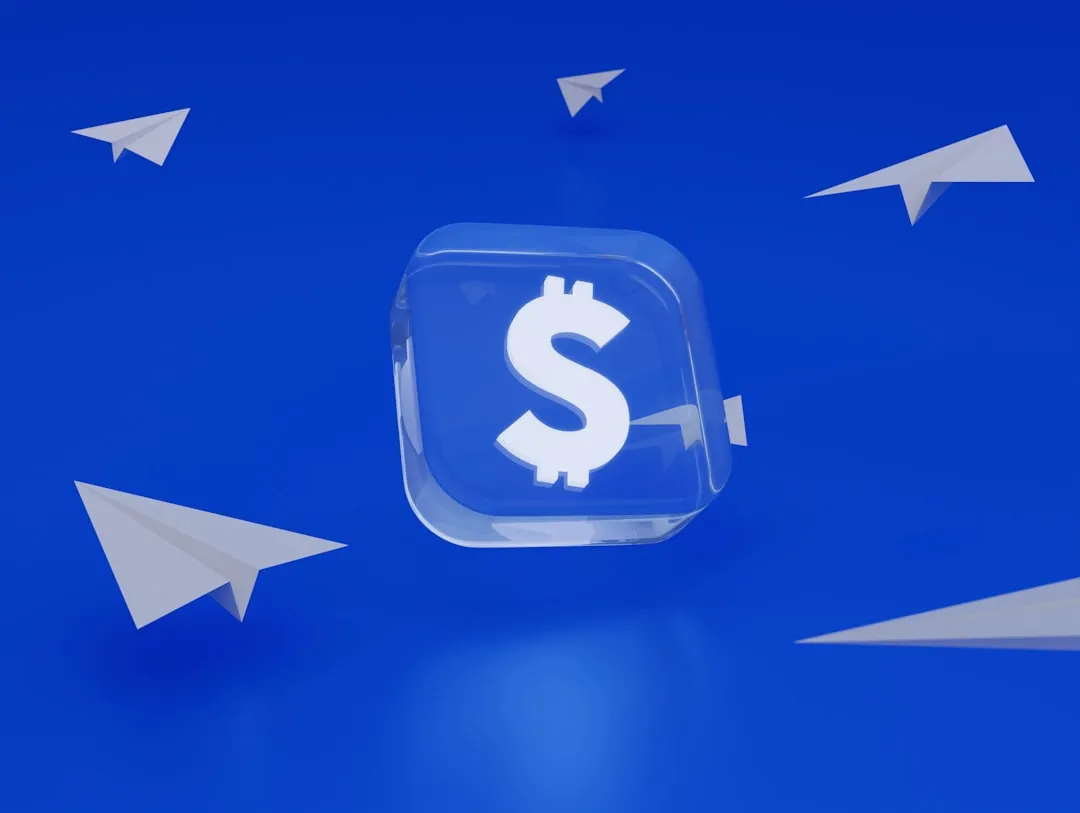

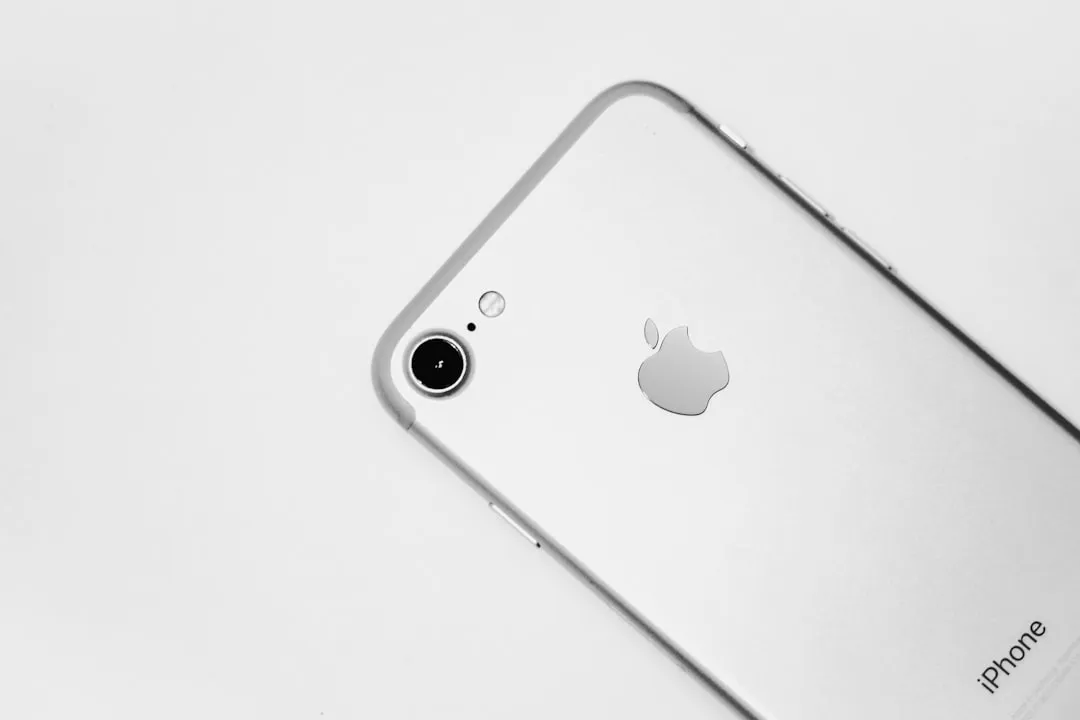
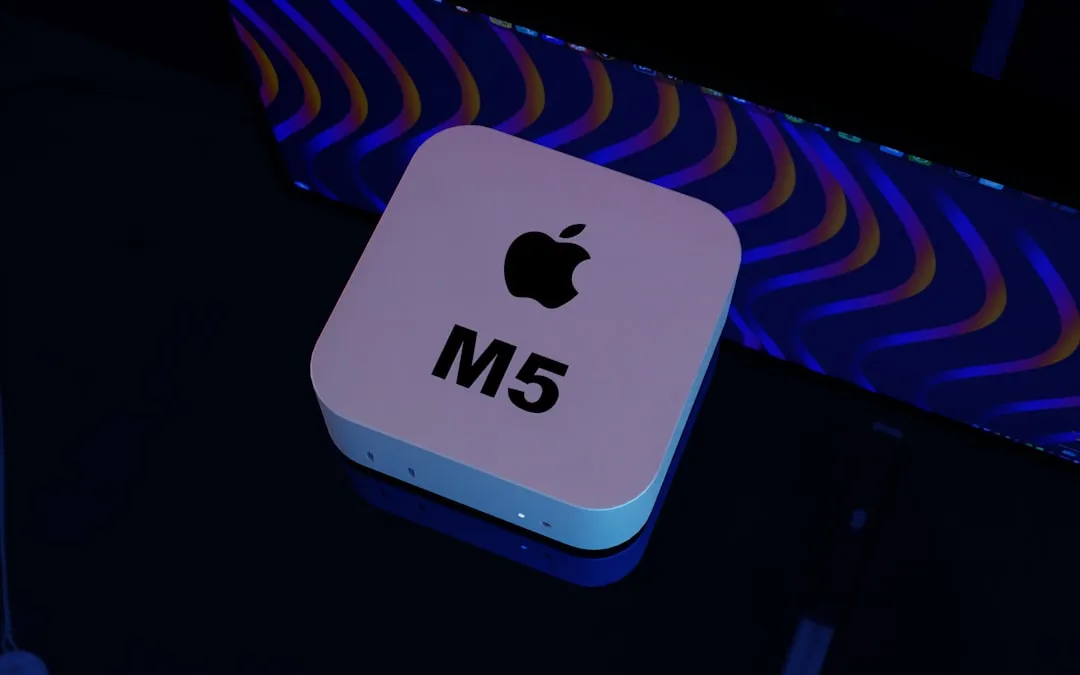



Comments
Be the first, drop a comment!